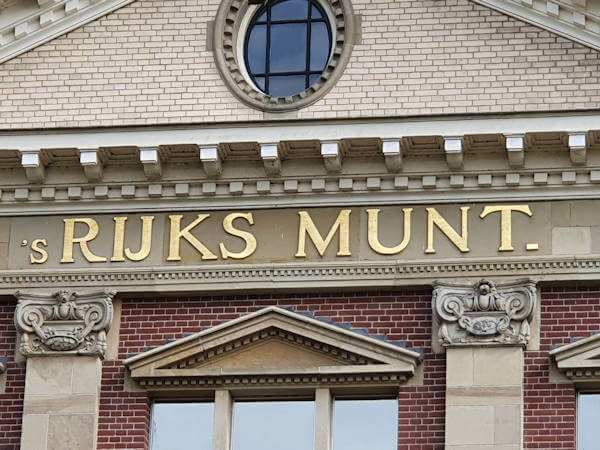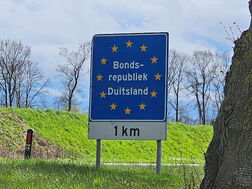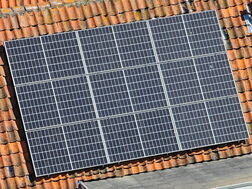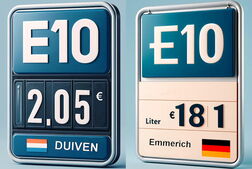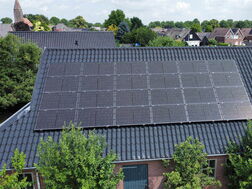The Dutch economy experienced a contraction of 0.7% in the first quarter of 2023, according to preliminary calculations from the Central Bureau of Statistics (CBS)[1]. This decrease in gross domestic product (GDP) volume is primarily due to a decline in the trade balance and an increased withdrawal from reserves.
Despite the overall contraction, investments in fixed assets rose by 1.1% in the first quarter of 2023 compared to the last quarter of 2022. This is mainly due to investments in construction, cars, aircraft, and machinery. Government consumption also grew by 0.5%, while household consumption remained steady[1].
The export of goods and services decreased by 1.8% compared to the fourth quarter of 2022, primarily due to a decline in goods export. The import of goods and services also reduced at a slower rate of 1.3%. Consequently, the trade balance hurt the economic development in the first quarter. The increased gas withdrawal from the reserves also contributed to the contraction[1].
Despite the overall decline, the construction industry experienced the highest growth, with an increase of 2.4% in value-added, contributing positively to the economy. However, the extraction of minerals saw the most significant decline, primarily due to decreased gas extraction[1].
Comparatively, the Dutch contraction of 0.7% stands out against the economic development in neighbouring countries. In Belgium and France, the economy grew by 0.4% and 0.2% in the first quarter of 2023. The British economy grew by 0.1%, and the German economy stagnated with 0% growth. The European Union's (EU) average growth was 0.3%[1].
The CBS reports that the economy grew by 1.9% compared to the previous year's first quarter. This growth can be attributed to investments, household consumption, and government consumption. However, the trade balance had a negative impact[1].
Peter Hein van Mulligen, CBS's chief economist, referred to the contraction as "quite large". He noted that the economy has stagnated since last summer and suggested that consumer behaviour after the corona lockdowns have ended[2].
Despite the current economic downturn, van Mulligen is not entirely pessimistic: "It's a quarterly figure. If there's another contraction next quarter, something seems to be going on"[2].
Furthermore, CBS reported a slight decrease in unemployment in the first quarter of this year. There were 2,000 fewer unemployed people than in the previous quarter, and the number of jobs increased by 63,000[2].

